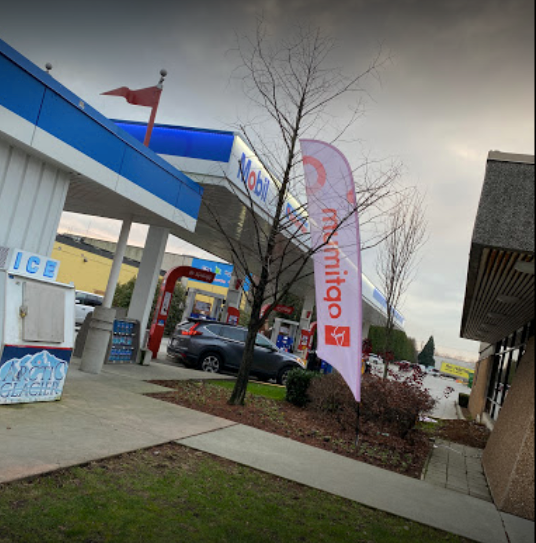Tempers rose as long lineups grew at some Richmond gas stations last weekend.
Inderjit Singh, a staff member at Mobil on No. 3 Road, said some customers took their anger out on him and his co-workers when they refused to fill up the customer’s vehicle beyond 30 litres.
Last week, Public Safety Minister Mike Farnwoth announced that members of the general public would be limited to 30 litres of gasoline per visit to a gas station.
The move is intended to ensure enough fuel is reserved for essential service vehicles while supply lines are re-established following last week’s devastating floods.
To enforce the restriction, some gas stations in the Lower Mainland have set their pumps to automatically turn off after 30 litres, while others simply depend on the honour system.
In Richmond, however, where there are no self-serve gas stations, it is up to station attendants to ensure the restrictions are observed.
“Some people were just unaware of the new rule, so they questioned us asking why they could only get 30 litres,” said Singh.
Therefore, Singh and his colleagues have been standing outside explaining the situation.
While most drivers accepted the restriction, others got irate and sometimes aggressive.
Fear that the station itself would run out of gas, which has been the case particularly in the Fraser Valley, also added tension.
While his station had to close an hour early on Friday night because of a fuel shortage, Singh wanted to reassure customers there is sufficient supply.
“Before, we received gas delivery twice or three times per week. But now we receive delivery daily.”
On Saturday, Henry Yao, MLA for Richmond South Centre, posted on his personal Facebook page saying he witnessed staff at Esso Canada, on Westminster Highway and Garden City Road, being abused by customers when he was waiting in line.
“Gas station attendants are under a lot of pressure enforcing the rules to ensure emergency and essential services have the gas they need. However, gas stations attendants are humans and they are doing our society a huge favour,” Yao wrote on his Facebook page.
“Please be kind, respectful and patient with them.”
Meanwhile, Singh said, “We also need to remember that the priority goes to essential drivers, such as truck drivers. I think 30 litres for each driver on a daily basis is enough. Everything is under control,” he added.



